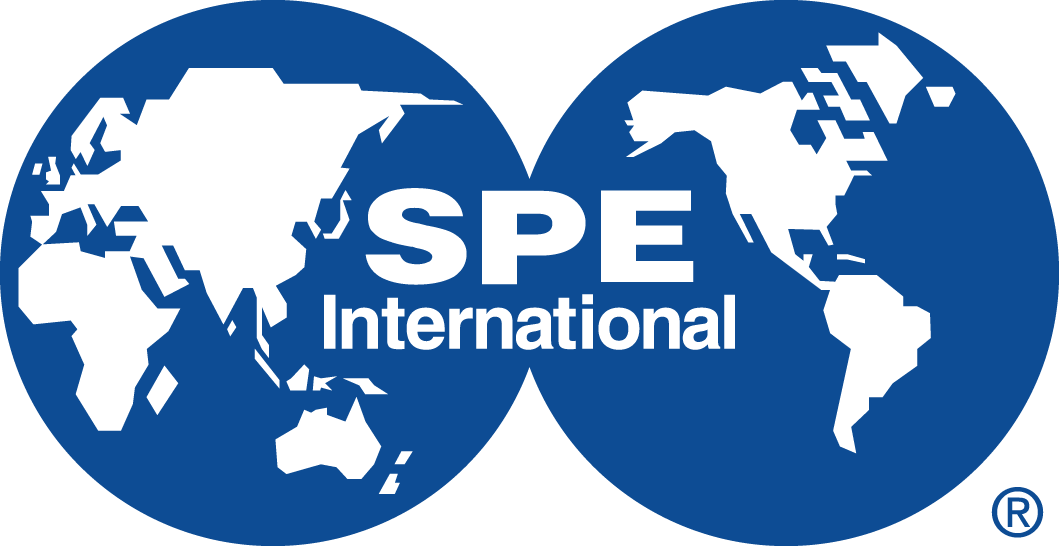-
60 mins
-
15 mins
-
90 mins
Chairs: Subash Jayawardena, Shell; Scott Hickman, ExxonMobil
In the current environment of intense scrutiny on capital and operational costs and more challenging reservoirs/fluids, this session focuses on subsea system design and operation to optimize expenditures and provide acceptable risk. Presentations will focus on addressing known flow assurance issues and providing operations flexibility rather than building a system designed for all worst-case conditions. Topics may include approaches to system configuration, insulation, chemical treatment, operational procedures, and other approaches to risk management by challenging levels of conservatism based on lessons learned from recent projects and operational experiences.
Presentation 1: Autonomous Optimization of Corrosion and Scale Inhibiting Chemicals in ESPs
Mike Van Spankeren, SLBPresentation 2: Asphaltene Inhibitor Trials at Tahiti Field
Ivan Mantilla, CVXPresentation 3: Real Time Optimization using Physics Informed AI
Lee Johnson, GEMINUS AI
-
30 mins
-
90 mins
Chairs: Carolyn Koh, Coloardo School of Mines; Khalid Mateen, Total Energies
State-of-the-art technological advances for cost-efficient designs and intervention/remediation strategies are critical for safe and effective flow assurance management. This session will include presentations on novel technologies and field cases deployed to remediate operational flow assurance issues, including hydrate, wax, asphaltene, and scale.
Presentation 1: Subsea Automated Pig Launcher – Subsea Pigging Technology Enabling Paraffin Management
Cedri Chaloron and Khalid Mateen, TotalEnergiesPresentation 2: The Hydrate Conflict: Learnings from the Field
Doug Turner, ExxonMobilPresentation 3: Remediation Adaptive Ways of Tacking Asphaltene Deposition Challenges
Abhishek Punase, Clariant
-
75 mins
-
90 mins
Chairs: James Outlaw, Baker Hughes; Ravi Gudimetla, Woodside Energy
Deployment of chemicals, solvent and other fluids is critical for operators to ensure and maintain profitable operation. The session focuses on sharing novel ideas and advancement in the field of oilfield production chemicals and injection systems that would ensure optimum and reliable delivery of production chemicals to the intended locations.
Presentation 1: Simultaneous Assessment of Corrosion and Asphaltene Deposition
Doris Gonzalez, bpPresentation 2: Tools, Traps and Tricks – Deepwater Operations Discussion
Casey Blake, ShellPresentation 3: Subsea Chemical Storage and Injection – Creating Value with Modularity and Flexibility
Julien Manach, Subsea 7Presentation 4: Product Qualification for Subsea Chemical Injection Systems
David Fouchard, ChampionX
-
30 mins
-
90 mins
Chairs: Priyanka Juyal, ChampionX; Suyu Ye, Equinor
While flow assurance engineers aim for best practices in operations and design they are not always achieved or, when implemented, work out as expected. This session focuses on re-examining best practices where operators have had to address unforeseen issues while dealing with typical flow assurance challenges (hydrate, wax, asphaltene, scale, etc), especially around missing or erroneous design data.
Presentation 1: Asphaltene Prediction and Applications
Paco Vargas and Mohammad Tavakkoli, EnnovaPresentation 2: A Flow Assurance Journey from Stampede
Nan Zhang and Emeka Anyanwu, HessPresentation 3: GOM Production Experience
Hannah Bolingbroke and Yogesh Kapoor, Oxy
-
60 mins
-
60 mins
-
90 mins
Chairs: Mujgan Guner, SLB; Yogesh Kapoor, Oxy
Effective data surveillance is crucial not only for monitoring but also for leveraging predictive models to capitalize on opportunities, ensuring real-time oversight of flow assurance, production challenges, and facilitating quick decision making responses for optimal efficiency. This session will delve into how surveillance and predictive modeling in real-time systems can significantly enhance operational efficiency and increase production volumes.
Presentation 1: EM Surveillance Systems
Presenter: Kevin Wade, ExxonMobilPresentation 2: Real Time Flow Assurance
Presenter: Cedric Chidiac, SLBPresentation 3: Realtime Asphaltene Surveillance
Presenter: John Lovell, Microsilicon
-
30 mins
-
90 mins
Chairs: Anupam Tagore, Technip FMC; Andrew Yen, Baker Hughes
Based on increasing demand for energy, unconventional sources for Oil and Gas have been explored. This session will focus on the primary flow assurance issues faced during unconventional production including but not limited to tight oil, shale production and oil sands. Presentations will discuss best practices and approaches to address unforeseen flow assurance challenges such as chemical treatment for asphaltenes, H2S, viscosity, scaling, wax, etc. and risk management for safe operations in unconventional fields.
Presentation 1: TBA
Presenter: Nicolas Gomez Bustamante, OxyPresentation 2: Iron Sulfide Mitigation and Multiple-functional Chemistries
Johnathon Brooks, Baker HughesPresentation 3: Flow Assurance Experiences with Unconventional Production
Yaqin Wu, ConocoPhillipsPresentation 4: Challenges of Paraffin Deposition and Chemical Treatment in Shale oils Produced with ESP or Gas Lift
Justin Kuzniarek, Jacam Catalyst
-
75 mins
-
90 mins
Moderators: Cem Sarica, University of Tulsa; Oris Hernandez, BP
Finding and developing high quality flow assurance professionals, who have always been considered a scarce resource, is not easy. It is becoming even more challenging in the current environment where talent competition extends to other industries. Panelists from Academia, Operators and Contractors will join in an open discussion about this issue and how they are approaching it.
Panelists:
Mack Shippen, SlipStream
Wade Schoppa, Shell
Dileep Penmetsa, Wood
Cem Sarica, University of Tulsa
Oris Hernandez, BP
-
15 mins
-
90 mins
Chairs: Yao Wang, SLB; Douglas Estanga, Chevron
To enable low-carbon solutions in today's world of energy transition, ensuring safe and efficient CO2 transportation is a key part of carbon capture and storage projects. This session will explore operational and design challenges for the CO2 cycle. The emphasis will be on design regulation, phase behavior, and flow modeling.
Presentation 1: CO2 Vapor Collapse Risk and Potential Impacts to Injection Wells
Renato Choutino, ExxonMobilPresentation 2: Phase Behaviour and CO2 Quality Specifications
Antonin Chapoy, Heriot WattPresentation 3: CO2 Transportation Challenges and Best Simulation Practices in Flow Assurance Studies
Kapil Kumar Thakur, SLB


